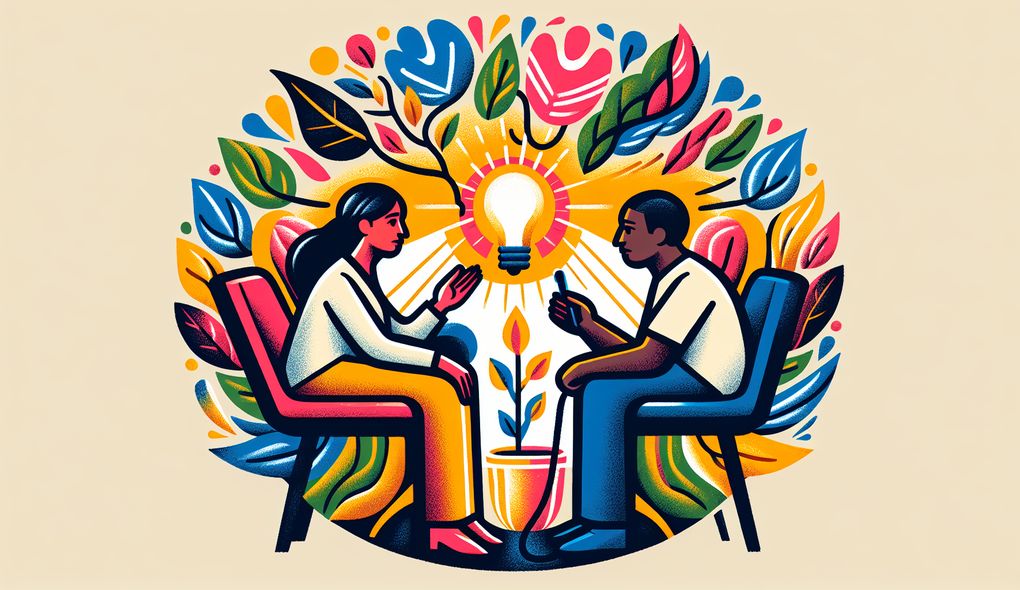How do you handle setbacks or challenges in the rehabilitation process?
INTERMEDIATE LEVEL

Sample answer to the question:
When faced with setbacks or challenges in the rehabilitation process, I remain calm and focused. I start by assessing the situation to understand the root cause and determine the best course of action. I communicate openly with the client and their support system, as well as other professionals involved in their care. Together, we brainstorm alternative approaches and create a plan to overcome the setback. I provide emotional support and reassurance to the client, reminding them of their progress and strengths. Finally, I continuously monitor the situation, making necessary adjustments to the rehabilitation plan to ensure continued progress.
Here is a more solid answer:
When faced with setbacks or challenges in the rehabilitation process, I rely on my strong communication and problem-solving skills. First, I actively listen to the client, allowing them to express their concerns and emotions. This shows empathy and helps me understand their perspective. I then collaborate with the client, their support system, and the multidisciplinary team, discussing potential solutions and involving them in the decision-making process. Additionally, I draw upon my knowledge of modern counseling techniques to provide guidance and support tailored to the client's specific needs. For example, I may incorporate cognitive-behavioral strategies to help clients reframe setbacks as opportunities for growth. Lastly, I continuously evaluate the effectiveness of the rehabilitation plan and make adjustments as necessary to ensure progress is maintained.
Why is this a more solid answer?
The solid answer expands on the basic answer by providing specific details and examples. It emphasizes the candidate's strong communication and problem-solving skills, and explicitly mentions the evaluation areas mentioned in the job description. It also highlights the candidate's ability to collaborate effectively with a multidisciplinary team and their knowledge of modern counseling techniques. However, the answer could still be improved by providing more specific examples of how the candidate has handled setbacks or challenges in the past.
An example of a exceptional answer:
In my experience as a Rehabilitation Counselor, setbacks and challenges in the rehabilitation process are inevitable, but they provide valuable opportunities for growth and learning. When faced with setbacks, I approach them with a positive mindset and encourage my clients to do the same. I create a safe and supportive environment where they can openly express their frustrations, fears, and concerns. By actively listening and demonstrating empathy, I validate their emotions and help them process their feelings. As a collaborative approach is essential, I involve clients in problem-solving, asking open-ended questions to encourage critical thinking and explore alternative perspectives. To help clients develop resilience, I draw upon my extensive knowledge of counseling techniques, such as solution-focused therapy and motivational interviewing. These therapeutic approaches empower clients to identify their strengths and develop effective coping strategies. I have found that providing ongoing support and encouragement, while also challenging clients to step outside their comfort zone, can lead to breakthroughs and renewed motivation. Ultimately, setbacks in the rehabilitation process can serve as powerful catalysts for personal growth and an opportunity to reassess and adjust the rehabilitation plan accordingly.
Why is this an exceptional answer?
The exceptional answer takes the solid answer and enhances it by providing even more specific details and examples. It demonstrates the candidate's deep understanding of the rehabilitation process and their ability to create a supportive and empowering environment for clients. It also highlights their extensive knowledge of counseling techniques and their ability to help clients develop resilience. The answer effectively addresses all the evaluation areas mentioned in the job description. It could be further improved by incorporating specific examples from the candidate's past experiences.
How to prepare for this question:
- Reflect on past experiences where you faced setbacks or challenges in the rehabilitation process. Consider how you handled those situations, what strategies you used, and the outcomes achieved.
- Study and familiarize yourself with modern counseling techniques and tools. Be prepared to discuss how you have utilized these techniques in your work.
- Think about how you incorporate empathy and build rapport with clients. Prepare examples of how you have effectively communicated and connected with clients in difficult situations.
- Consider how you collaborate with a multidisciplinary team. Reflect on past experiences where you have successfully worked with other professionals to develop and implement comprehensive rehabilitation plans.
- Research local, state, and federal laws pertaining to disability rights. Be prepared to discuss how you advocate for clients' rights and accessibility in the workplace and community.
What are interviewers evaluating with this question?
- Communication Skills
- Problem-Solving
- Ability to collaborate
- Empathy
- Knowledge of counseling techniques

